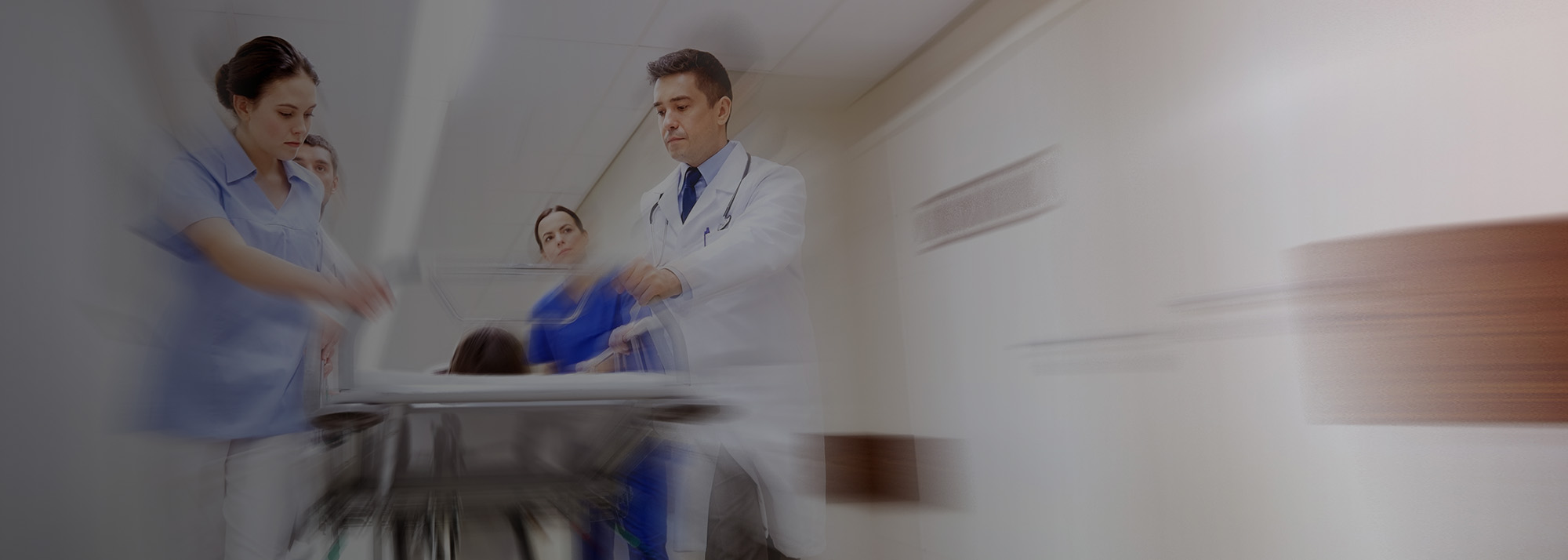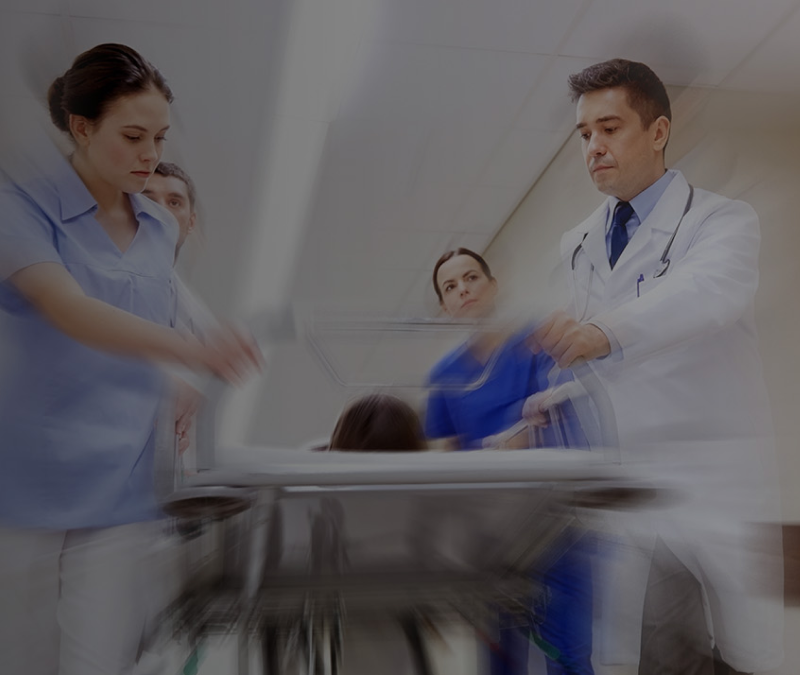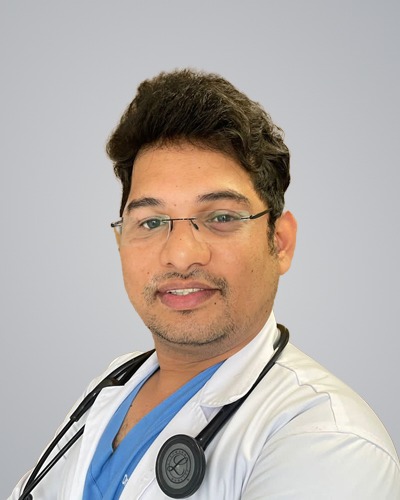Emergency Medicine at Aster Ramesh Hospitals combines technology and unmatched medical expertise to provide advanced emergency care, with utmost efficiency. Capable of handling emergencies, the emergency care team works round the clock 24/7. Every second counts in an emergency and can make a life saving change. Our team is well trained to start treatment on the patient at the earliest. We have multiple emergency care rooms and state-of-the-art clinical support including a dedicated exclusive Radiology channel for fast-tracking diagnosis. The team of trained and experienced Doctors, Paramedics and Nurses here have access to all the facilities to extend immediate medical care to critically ill or injured Patients with threat to life or limbs. The emergency care unit also has a 24-hour Pharmacy to ensure availability of medicines at all times.
Emergency Medicine




